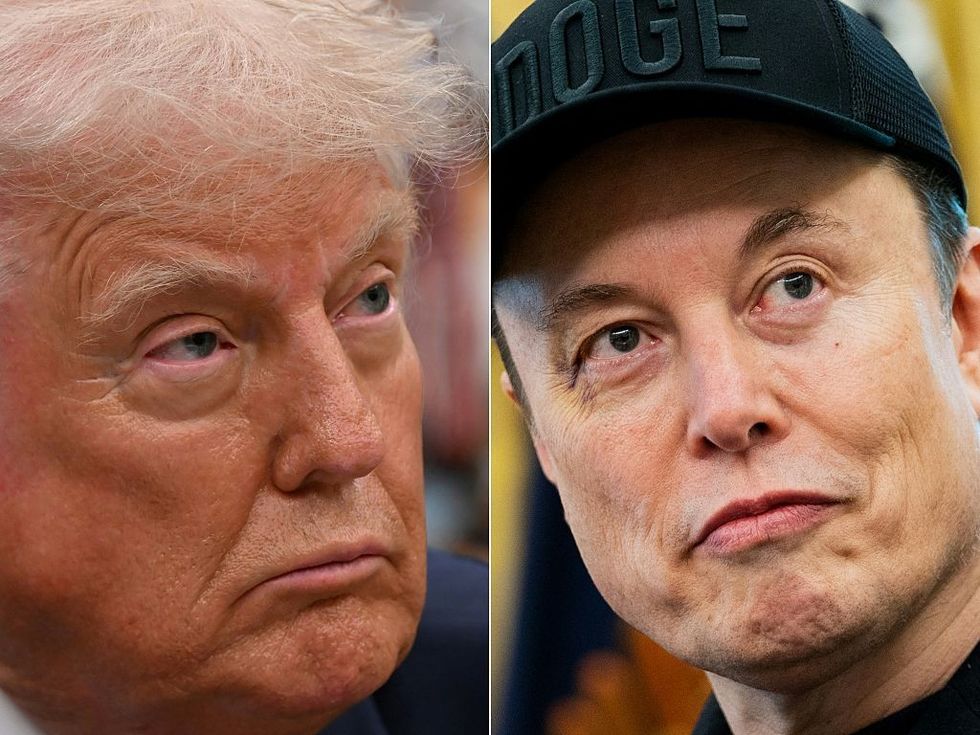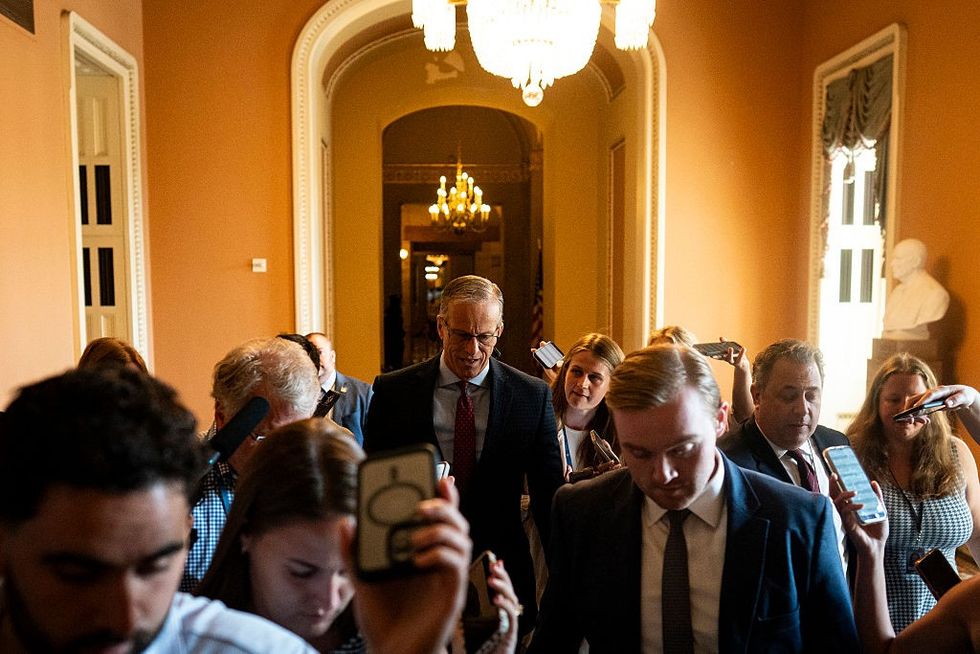Pakistan's former prime minister Imran Khan is looking increasingly besieged and isolated as the country's army has instigated a sweeping backlash against his Pakistan Tehreek-e-Insaf (PTI) party.
Khan's arrest outside a court in capital Islamabad on May 9 saw unprecedented attacks staged by his party's supporters against properties owned by the military, Pakistan's strongest institution since Independence, and more than 10,000 people linked to the PTI have been arrested subsequently in police raids. Several prominent leaders of the party have landed in jail and many, including heavyweight ones, have exited the party over the past one week.
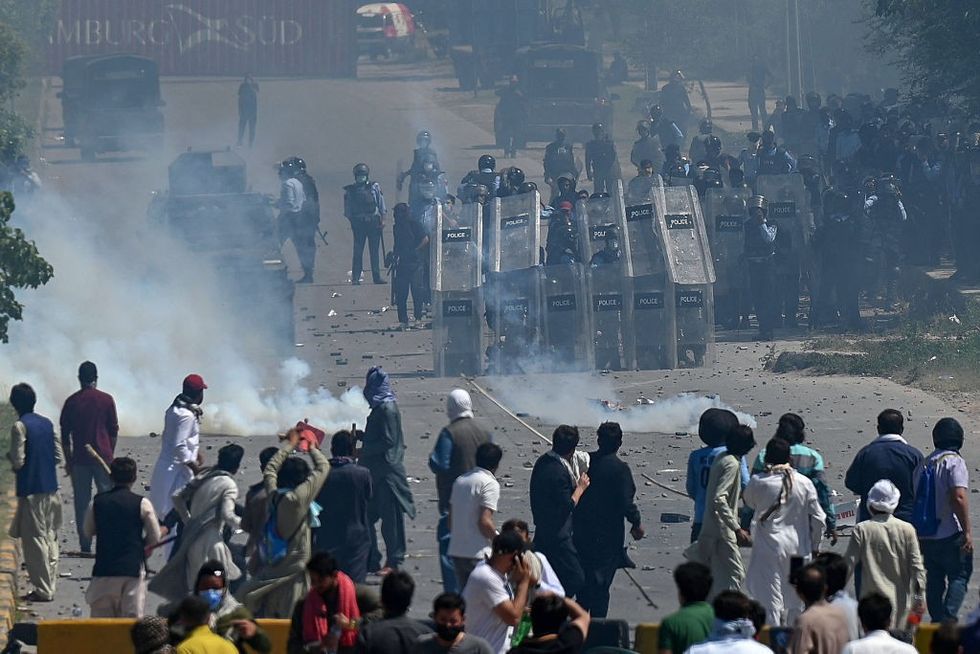
The Pakistani government and army have said on the face that they are holding responsible anyone who attacked state-owned properties but behind the scenes, it is acknowledged that the cricketer-turned-politician still commands an unmatched popularity in the country and his PTI must be strongly dealt with before elections due later this year, two sources close to the military have told Bloomberg.
The former prime minister, who gave Pakistan their only world cup in 50-over cricket in 1992, is now facing a risk like many of his predecessors who were either jailed, exiled or executed after fierce power struggles with men in uniform. While the army was credited for his coming to power in 2018, the scenario is completely different now following Khan's attempts to challenge the military hierarchy.
Ayesha Siddiqa, a senior fellow at King's College London and an expert on Pakistan's armed forces, told Bloomberg that "this is the end of the road for Imran Khan".
"The question is will they be able to take away his support base," she said.
Khan has another major difficulty and that is the erosion in his ability to connect with the outside world and garner support. On Wednesday (24), internet connection at the leader's residence in Lahore was cut abruptly ahead of a scheduled call with British lawmakers who are concerned over Pakistan's grim political, economic and security situation.
Most of Khan's armored vehicles have also been compounded by the police and his movement has been limited, a close aide to the former PM named Zulfi Bukhari told Bloomberg News.
On Thursday (25), several media outlets in the South Asian nation reported that Khan, his wife Bushra Bibi and other leaders and former assembly members of his party were reportedly barred from leaving the country.
Khan has campaigned relentlessly seeking fresh elections since his ouster as the prime minister in April last year following a no-confidence vote in the parliament. He has slammed the current coalition government led by prime minister Shehzbaz Sharif who recently accused the country's top court of showing Khan a favour after his arrest.
But Khan's advantage lies in the fact that he is still more popular than any other leader in the country. His charisma and the past of a successful sportsperson who gave Pakistan a name on the international map has seen his popularity soar across the country in recent times despite his elite upbringing. An opinion poll revealed by Gallup earlier this year found the former prime minister's approval rating going up to 61 per cent in February from 36 per cent in January 2022. Sharif's popularity fell from 51 per cent to 32 per cent in the same period.
This puts the military in a dilemma. It is highly likely that Khan would return to power if elections are held as the army has no "credible alternative" to support, according to Tim Willasey-Wilsey, a senior associate fellow at the Royal United Services Institute for Defence and Security Studies, London.
The army is also unlikely to boot out an elected government when the country is struggling with record inflation and is on the verge of a financial collapse. Such a step would jeopardise Islamabad's chances of getting foreign aid. Moreover, the Pakistani army, which has wrested power from civilian leaders a number of times in the past, is less hesitant to take direct control after what late military dictator Pervez Musharraf had faced a decade and half ago.
"The army's problem is that every measure against Imran will add to his popularity," Willasey-Wilsey told Bloomberg. "It could also lead to divisions amongst the Corps Commanders who will be anxious about alienating the army from the people - the army will doubtless contemplate intervention options short of a coup, including delaying elections."

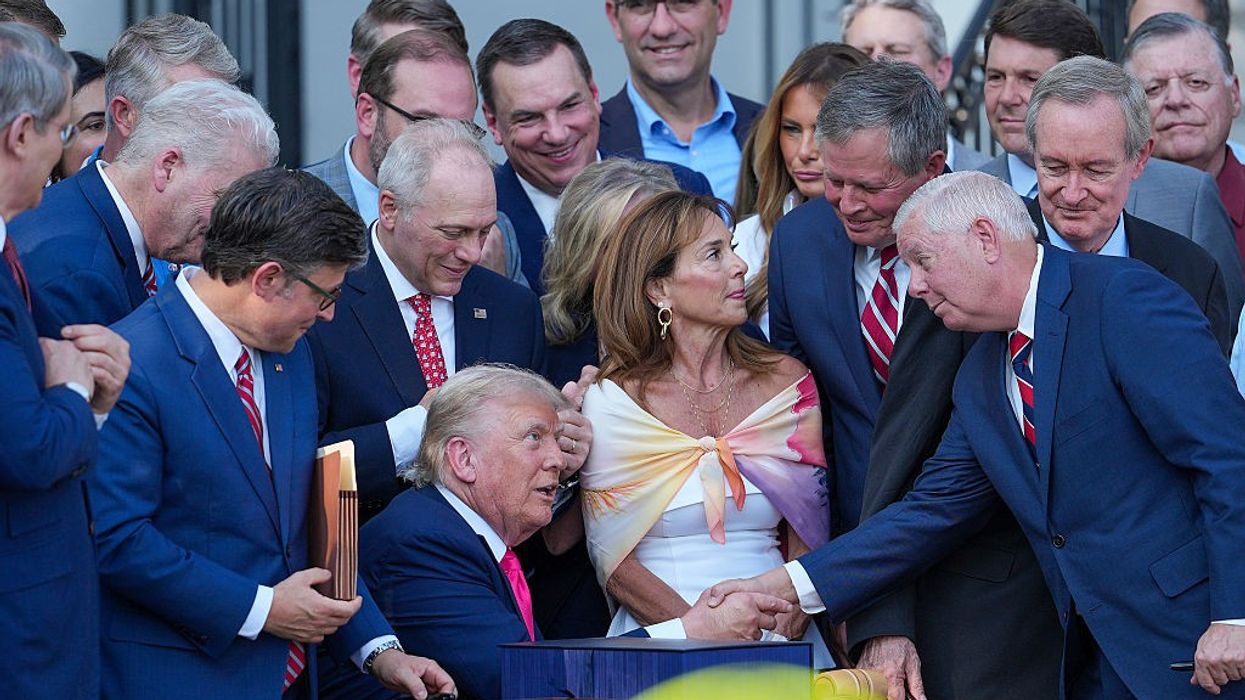
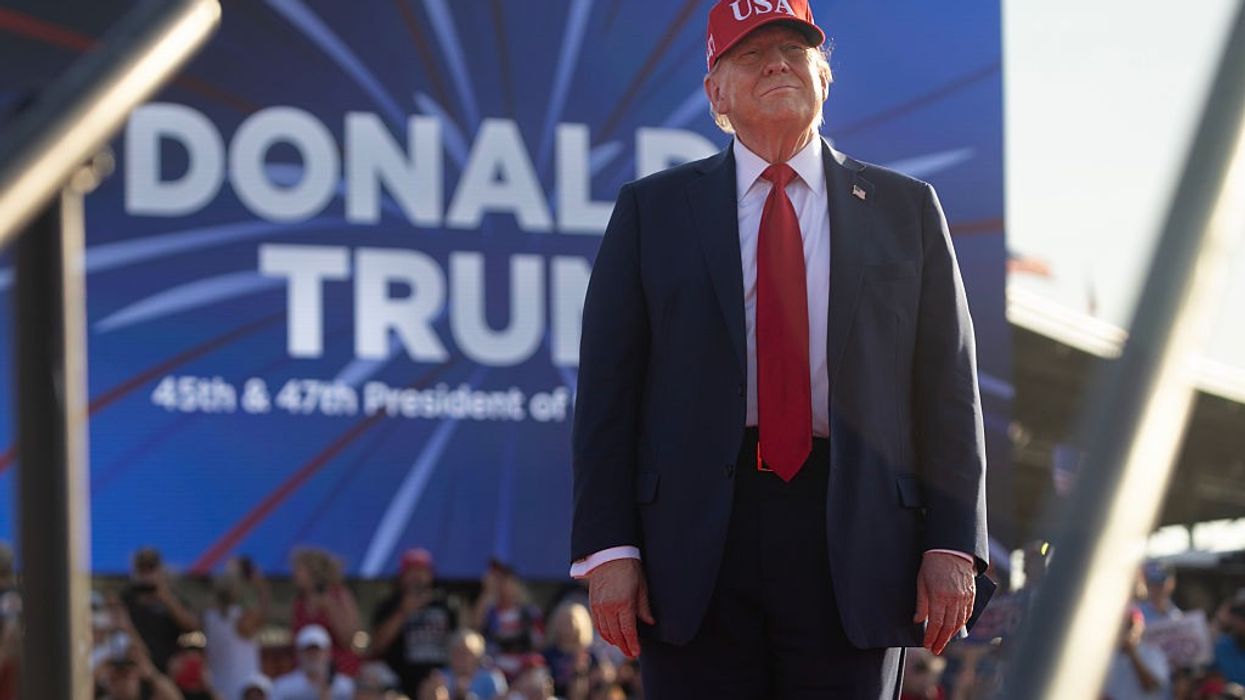


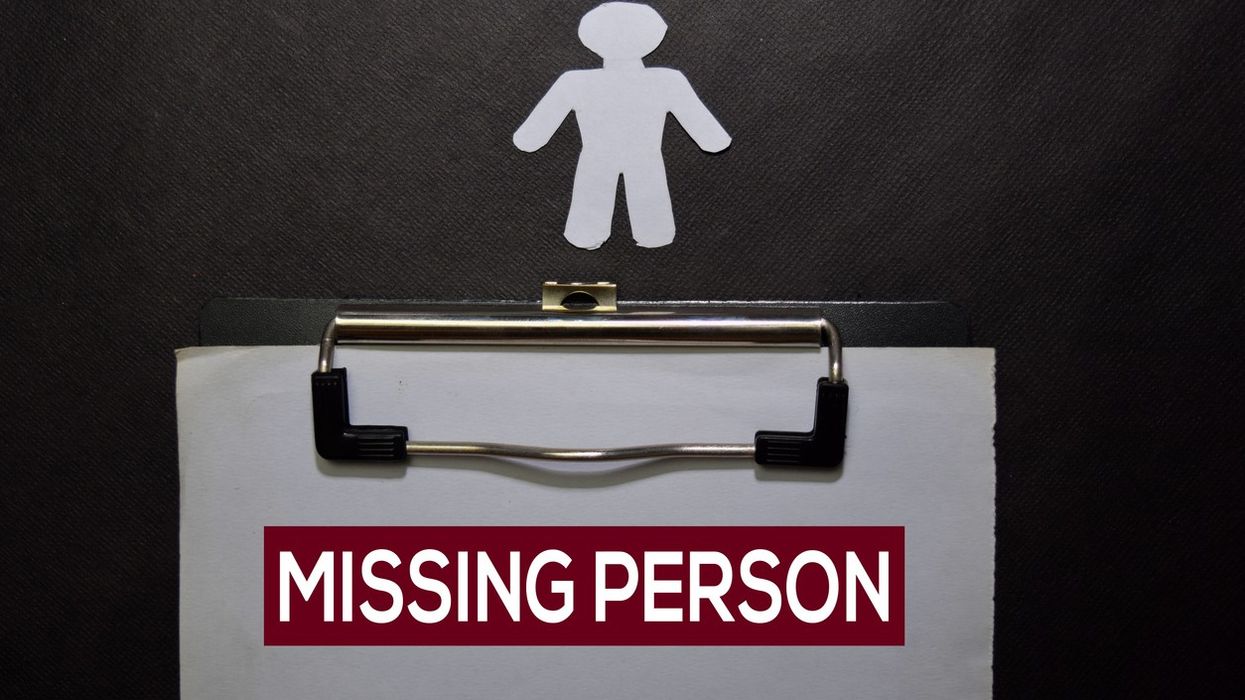

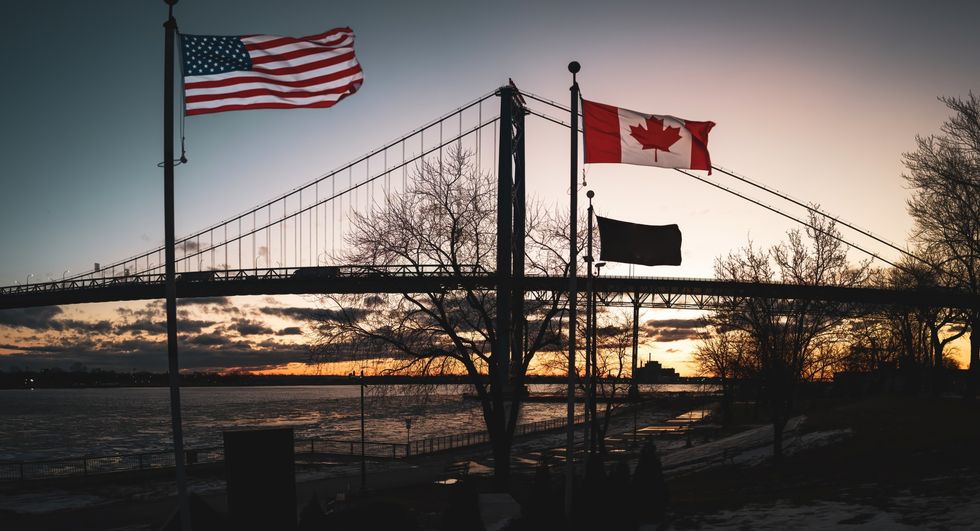
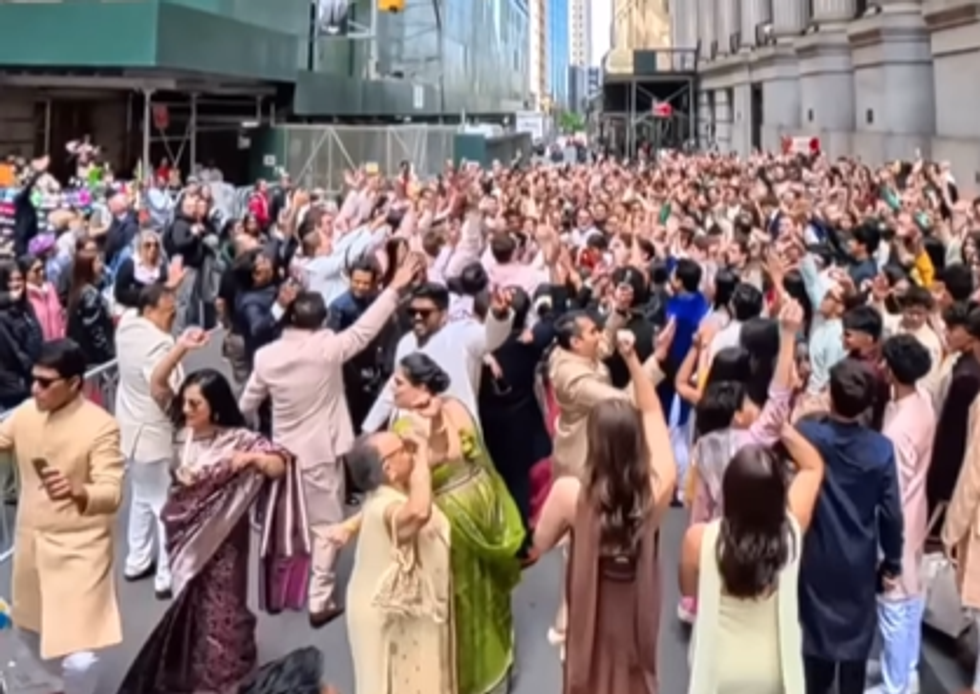
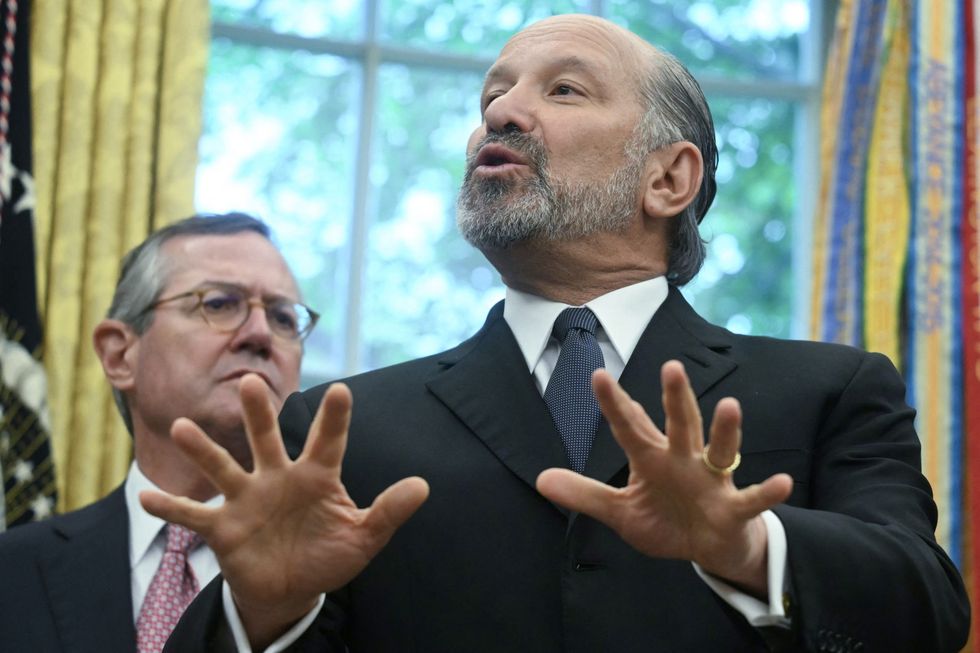
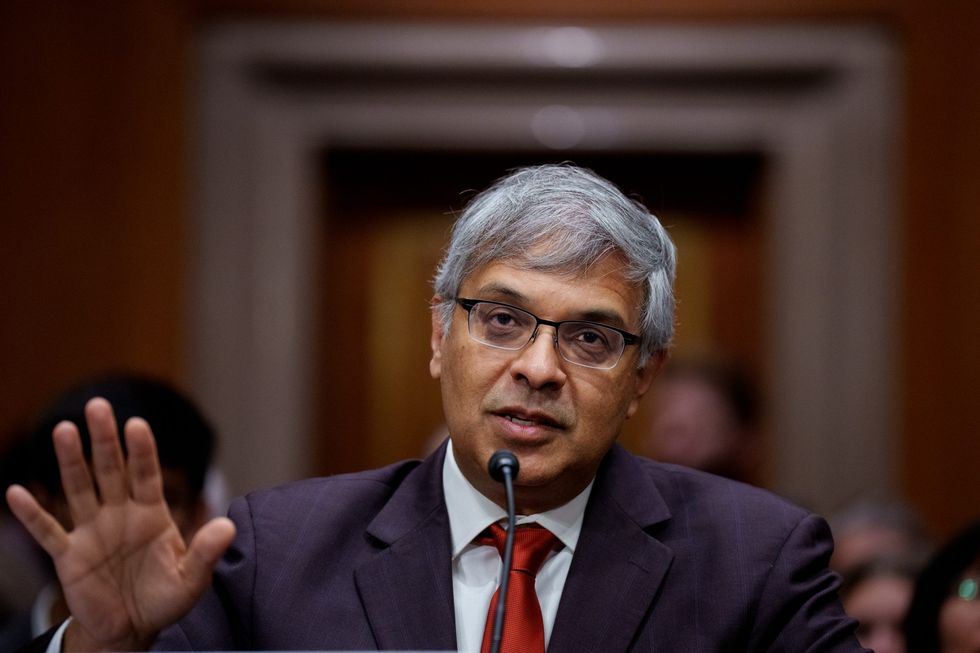
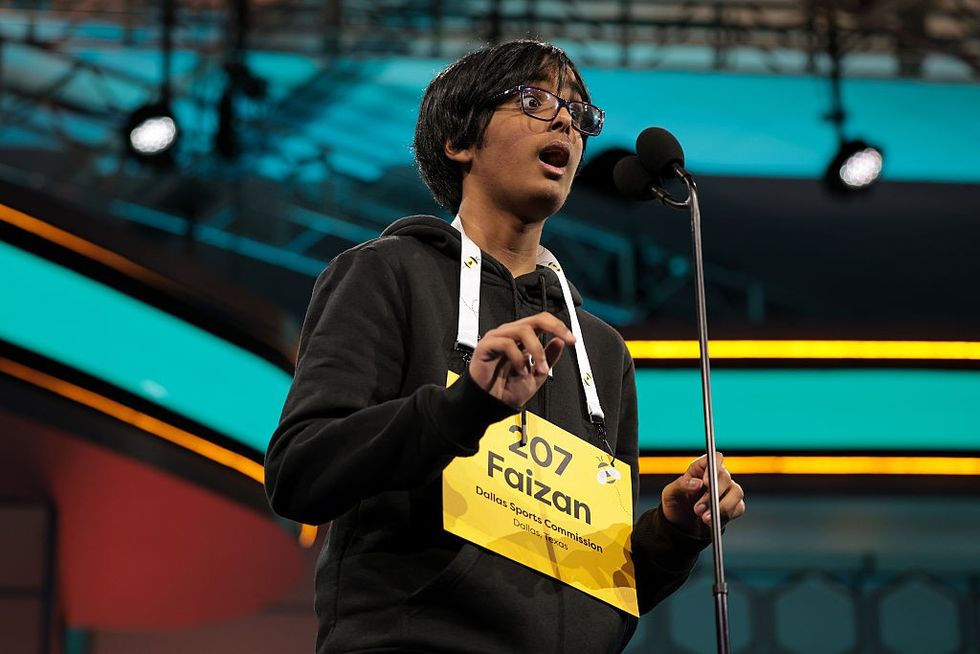
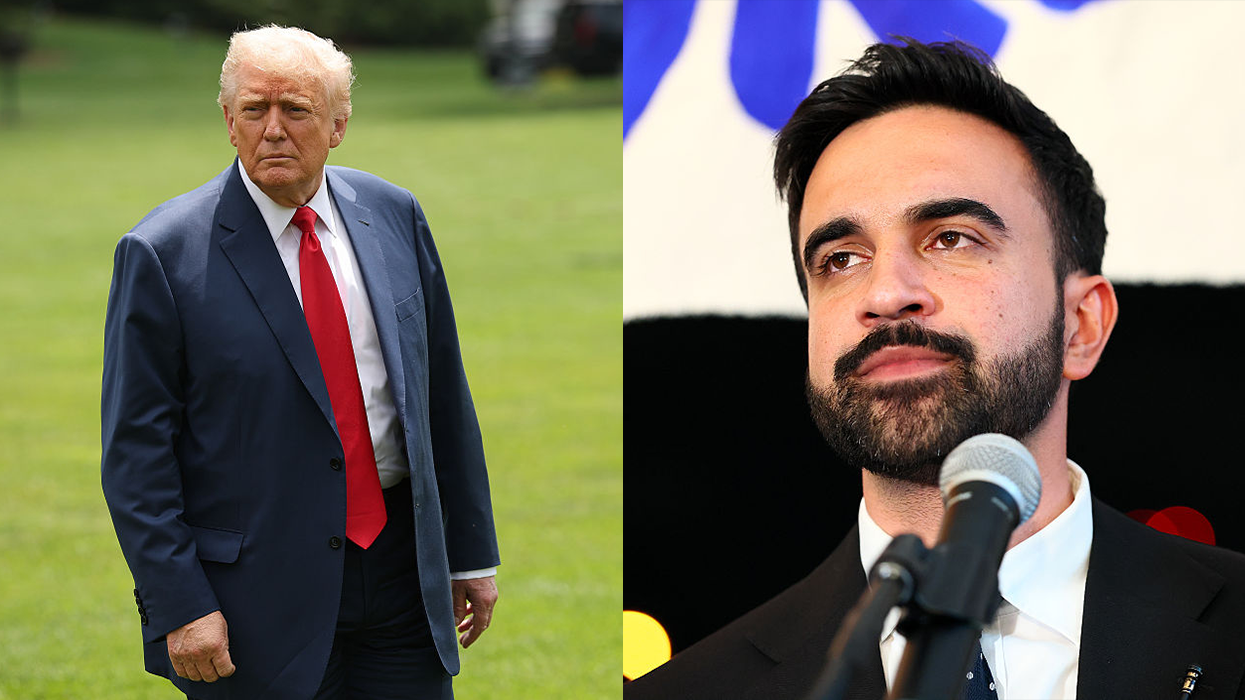

 NASA’s Astronaut Class 23 with Anil Menon shows patch features a fly-shaped design symbolizing the class nickname, “The Flies,” with twelve stars for each candidate. The UAE and US flags highlight international collaboration, while the astronaut figure reflects their commitment to NASA’s return to the Moon and future Mars missions. (Photo credit: @astro_anil)
NASA’s Astronaut Class 23 with Anil Menon shows patch features a fly-shaped design symbolizing the class nickname, “The Flies,” with twelve stars for each candidate. The UAE and US flags highlight international collaboration, while the astronaut figure reflects their commitment to NASA’s return to the Moon and future Mars missions. (Photo credit: @astro_anil)